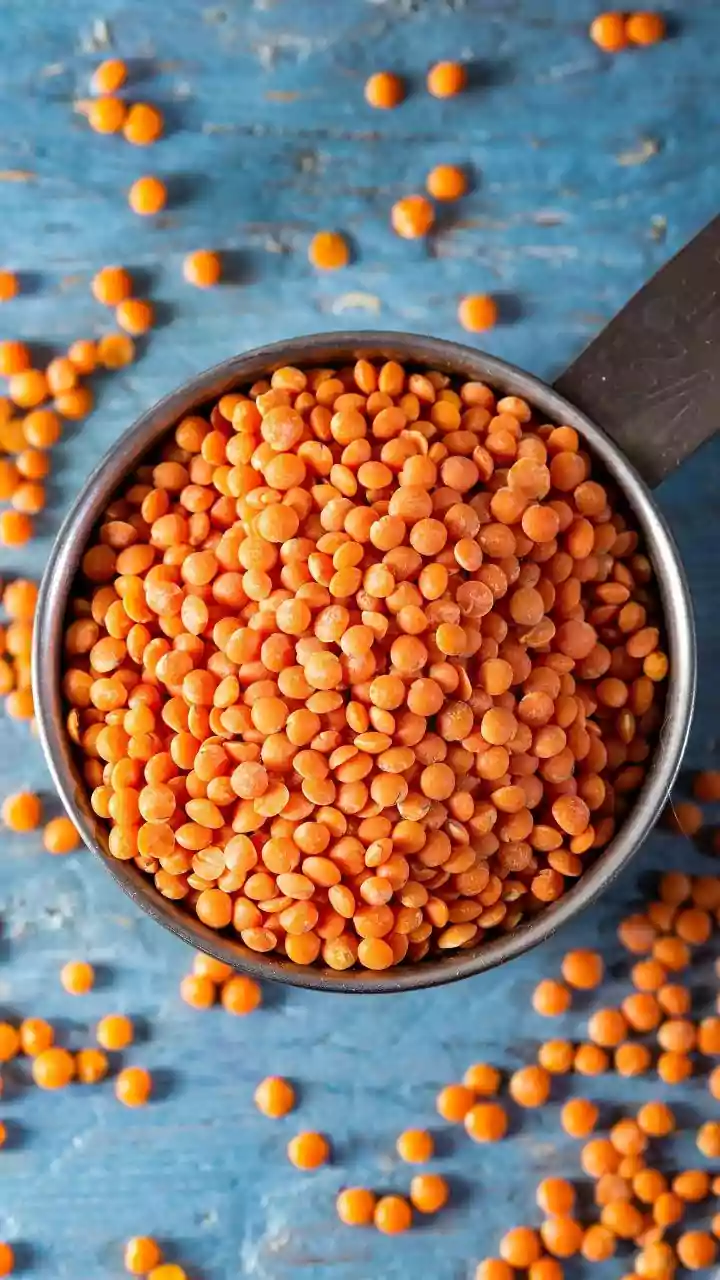Embrace a Healthy Diet
One of the most impactful ways to tackle high blood pressure naturally is through diet. Focus on consuming foods rich in potassium, as this mineral counteracts
the effects of sodium, which can elevate blood pressure. Include plenty of fruits, vegetables, and whole grains in your daily meals. For instance, bananas, sweet potatoes, and spinach are excellent sources of potassium. Furthermore, limiting your intake of processed foods, which often contain high levels of sodium, is crucial. Read food labels carefully and be mindful of portion sizes. Consider the DASH diet (Dietary Approaches to Stop Hypertension), which emphasizes fruits, vegetables, low-fat dairy, and lean proteins, while restricting saturated fat and added sugars. This dietary approach has been clinically proven to lower blood pressure. The goal is to nourish your body with wholesome, unprocessed foods that support overall health and cardiovascular function.
Regular Physical Activity
Incorporating regular physical activity into your routine is another powerful tool in managing blood pressure. Aim for at least 150 minutes of moderate-intensity exercise, such as brisk walking or cycling, or 75 minutes of vigorous-intensity exercise, like running or swimming, each week. Physical activity helps strengthen your heart, making it more efficient and reducing the pressure on your arteries. Consistent exercise can also aid in weight management, another key factor in controlling blood pressure. It's beneficial to find activities you enjoy, making it easier to stick to your fitness goals. Consider activities like dancing, hiking, or team sports. Before beginning any new exercise regimen, consult your doctor, especially if you have pre-existing health conditions. Consistency is key; aim to make exercise a regular part of your lifestyle to reap the long-term benefits for your cardiovascular health.
Reduce Sodium Intake
Lowering your sodium consumption is vital for managing blood pressure. The recommended daily intake of sodium is generally less than 2,300 milligrams, and ideally, even less, about 1,500 milligrams, for those with high blood pressure. Sodium causes your body to retain fluid, increasing the volume of blood and thereby raising blood pressure. To reduce your sodium intake, begin by minimizing your consumption of processed foods, which often contain hidden sources of sodium. Read food labels carefully and choose low-sodium or sodium-free options whenever possible. When cooking at home, use fresh herbs, spices, and other flavor enhancers instead of salt. Gradually reduce the amount of salt you add to your meals, allowing your taste buds to adjust. Be mindful of sodium in condiments, such as soy sauce and ketchup, and opt for reduced-sodium varieties. By consciously reducing your sodium intake, you can help your blood pressure levels.
Manage Stress Effectively
Stress can significantly elevate blood pressure, making stress management an essential part of a healthy lifestyle. Find healthy ways to cope with stress, such as practicing relaxation techniques, meditation, or yoga. These activities can calm your nervous system and help lower blood pressure. Deep breathing exercises, mindfulness meditation, and progressive muscle relaxation are all effective methods. Engage in activities you enjoy, such as spending time in nature, listening to music, or pursuing hobbies, as a means of relaxation and stress relief. If you're feeling overwhelmed, consider seeking support from friends, family, or a therapist. Developing healthy coping mechanisms can not only help manage stress but also contribute to overall cardiovascular health. Aim to incorporate stress-reducing practices into your daily routine to maintain stable blood pressure levels.
Monitor Blood Pressure Regularly
Regular monitoring of your blood pressure is crucial for managing your condition effectively. Invest in a home blood pressure monitor and check your blood pressure regularly, following your doctor's instructions. Keep a record of your readings, including the date, time, and values. This information is invaluable for tracking your progress and making informed decisions about your health. Share your blood pressure readings with your healthcare provider during your regular check-ups. They can assess your progress and adjust your treatment plan if necessary. If you notice any significant changes or have concerns, contact your doctor immediately. Early detection of fluctuations in your blood pressure allows for timely intervention, such as medication adjustments. Active monitoring is a sign of taking charge of your health. Remember, consistency in monitoring and communication with your healthcare provider will empower you to manage your blood pressure.





















